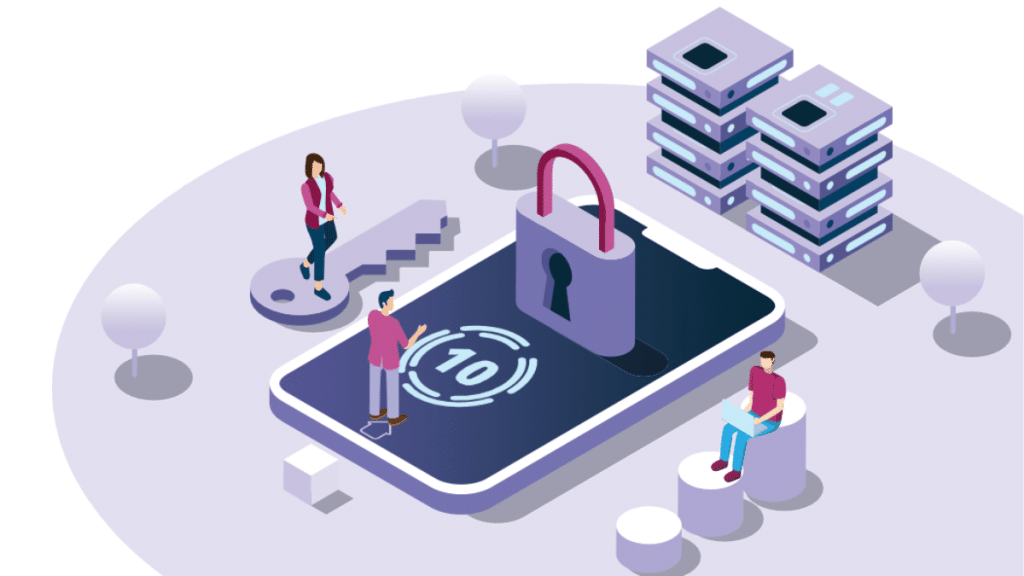Introduction to Online Entertainment and Data Security
With the rise of online entertainment, people are spending more time than ever on various platforms — from streaming services and gaming apps to social media and online event hubs. Whether you’re binge-watching series, participating in a Balloon Race live competition, or scrolling through endless reels, it’s essential to recognize the potential risks to your personal data.
Entertainment platforms are designed for fun and engagement, but they also collect significant amounts of user data. This makes them increasingly attractive targets for cybercriminals. Protecting your digital identity should be a top priority — and it doesn’t require complex tools to get started.
Understanding the Risks
The dangers of data misuse on entertainment platforms are real and varied. From identity theft and targeted scams to financial fraud and unauthorized surveillance, data breaches can have serious consequences. The interactive nature of entertainment apps often encourages users to disclose more about themselves — through chats, quizzes, profiles, or in-app purchases.
Even simple games or innocuous personality tests can be disguised phishing tools designed to harvest personal details.
Types of Data Collected by Entertainment Platforms
Entertainment platforms typically gather a wide spectrum of data, including:
- Personally Identifiable Information (PII): Full names, email addresses, phone numbers, and mailing addresses.
- Behavioral Data: Browsing patterns, in-game behavior, session duration, and ad interaction.
- Financial Information: Credit card data, purchase history, billing details, and payment methods.
- Device & Location Data: IP addresses, device models, browser types, operating systems, and geolocation tracking.
When aggregated, this data forms an incredibly detailed profile — one that can be exploited for both targeted advertising and malicious intent.
Simple Tips for Protecting Your Personal Data
While risks exist, the good news is that you can take control with a few simple steps. Here’s how:
1. Use Strong and Unique Passwords
Your password is your first line of defense. Choose long, complex passwords with a mix of uppercase letters, lowercase letters, numbers, and symbols. Avoid reusing passwords across platforms, and use a password manager to securely store and generate them.
2. Enable Two-Factor Authentication (2FA)
2FA adds a crucial security layer by requiring a second verification step, such as a text message code or fingerprint scan. Enable it on every entertainment platform that offers it.
3. Be Wary of Public Wi-Fi
Avoid logging into sensitive accounts or entering payment details on public networks. If you must use public Wi-Fi, always use a VPN (Virtual Private Network) to encrypt your connection.
4. Limit the Data You Share
Think twice before sharing unnecessary personal details. Avoid completing online games, surveys, or social media challenges that request private information. The less data you provide, the lower your risk.
5. Monitor Account Activity Regularly
Check your account activity logs, subscription history, and linked devices regularly. For an added layer of security, set up alerts for suspicious account activity or purchases.
6. Keep Your Devices and Software Updated
Outdated apps, operating systems, or browsers are prime targets for cyberattacks. Enable automatic updates and ensure your antivirus and firewall tools are active.
Popular Scenarios to Watch For
- Phishing Links in Game Chats or Comments: Never click on links shared by unknown users — especially in chatrooms, gaming lobbies, or social feeds.
- Fake Login Pages: Always verify the URL before entering login credentials. Bookmark official pages to avoid spoofed sites.
- Free Bonus or “Hack” Offers: Be skeptical of websites promising cheats, free credits, or bonus coins — they’re often bait to steal your credentials.
Conclusion
As you enjoy your favorite shows, games, and Balloon Race live events, remember that online entertainment and data privacy must go hand-in-hand. By setting boundaries, using essential security features, and being aware of what you share, you can enjoy the digital world without putting your identity at risk.
In a landscape where platforms evolve quickly and user data is the currency, protecting your personal information isn’t optional — it’s essential.
Additional Recommendations
To go a step further, consider:
- Advocating for platform transparency: Request clear data policies before signing up.
- Supporting regulations like GDPR or CCPA: These frameworks push companies to treat your data with care.
- Using privacy-first platforms: Seek entertainment platforms that emphasize ethical data handling and limited data collection.
